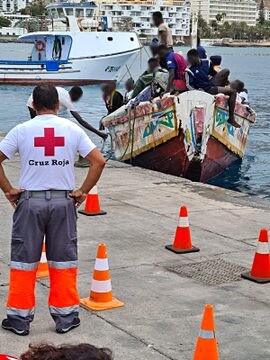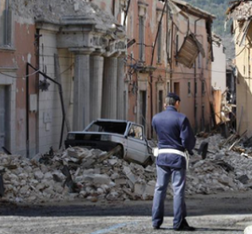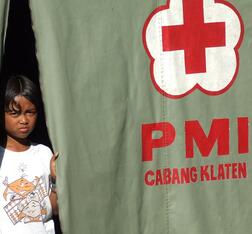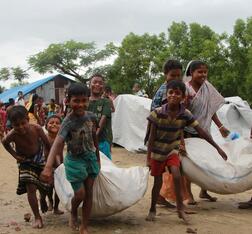
The domestic mosaic of actors
It was pointed out that Spanish governmental agencies with a statutory role in foreign relief include not only the Spanish Agency for International Cooperation and Development (AECID), but also the armed forces and the the governments of each of the autonomous communities (which, collectively, dispose of many times the resources available to the AECID), leading to certain complexities of coordination. According to a 2001 law, the AECID has an overall coordination mandate for all Spanish actors providing assistance abroad, as well as to ensure “coherence” of Spanish efforts with those of the United Nations and European Union.
Some participants raised questions about the adequacy of this mandate and about the potential pressures on the non-governmental sector. Others debated the appropriateness of the statutory role of the armed forces in humanitarian assistance. However, there was also substantial praise for the high level of cooperation across all sectors.
Interactions with the international system
Participants also debated the merits of the various international mechanisms for coordination of humanitarian assistance, including those of the United Nations and the International Red Cross and Red Crescent Movement. In this connection, IDRL Programme Coordinator David Fisher was asked to speak about the Federation’s efforts to improve the regulation of disaster relief, in particular through the IDRL Guidelines.
“This workshop was an imporant means for us to open a dialogue with our key partners in the govenment and amongNGOs on these regulatory issues,” explained Mercedes Babé, Director of International Cooperation at the Spanish Red Cross, “We need to work together on this, both in Spain and internationally.”
The joint study of the Spanish Red Cross and Complutense University is due to be completed in the spring.


